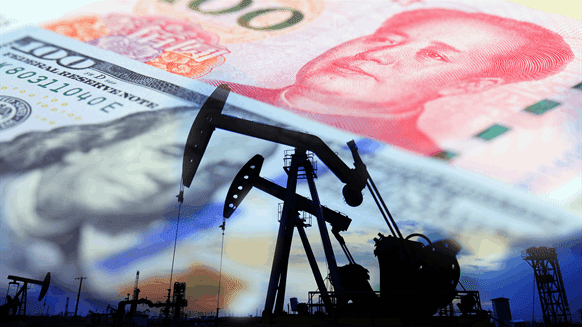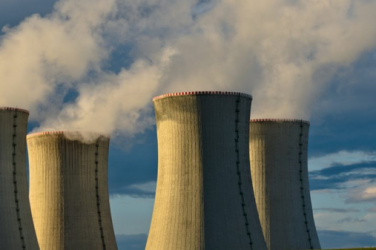China and the United States continue to clash and fuel tensions despite a global pandemic crisis. Following Washington‘s conspiracy charges on Beijing about the origin of Covid-19 and tensions over the management of the Hong Kong crisis, the two superpowers are also playing their game on other fronts, such as oil management.
A price war broke out in the oil industry, seeing prices collapse along with a slump in demand. The major world producers, namely the United States, Saudi Arabia and Russia, intend to agree to decrease crude oil extraction for the time being, but this effect has provoked the simultaneous crisis of the producers, with the Russian Federation that is not currently keeping faith with the pacts, as interested as the Saudis to see the collapse of the American crude sector.
However, China, far behind its competitors, has prepared an imposing plan for the exploitation of renewable energies, followed by Japan and South Korea, relying also on satellite to all neighboring countries, including Australia. In America, the growth of the sector is too low, with the country that, after suffering strong competition not only from the Saudis but also from the United Arab Emirates, Kuwait, Iraq, Bahrain, Qatar and Iran, must take into account the damage caused by fracking and deep water drilling. The next decade of the early 2000s saw US oil fortunes transform on the basis of unconventional oil, once again focusing US energy interests on oil and fossil fuels and neglecting alternatives such as renewable energy. US oil production (with unconventional hydraulic fracture shale oil playing an important role) surpassed Russian production in February 2018 and then Saudi production in July 2018, increasing to represent 15% of world oil production by late 2019 with these systems, but back in trouble now.
China, the world’s largest purchaser of oil with 10 million barrels per day, is simultaneously sharply decreasing its demand and drastically strengthening the renewable energy sector. The loss of this powerful buyer makes the Asian nation independent of the Americans, who thus lose both an opponent control tool and an important buyer generating a huge loss.
In a similar context, the space race is also a possible front of economic competition.









Show Comments